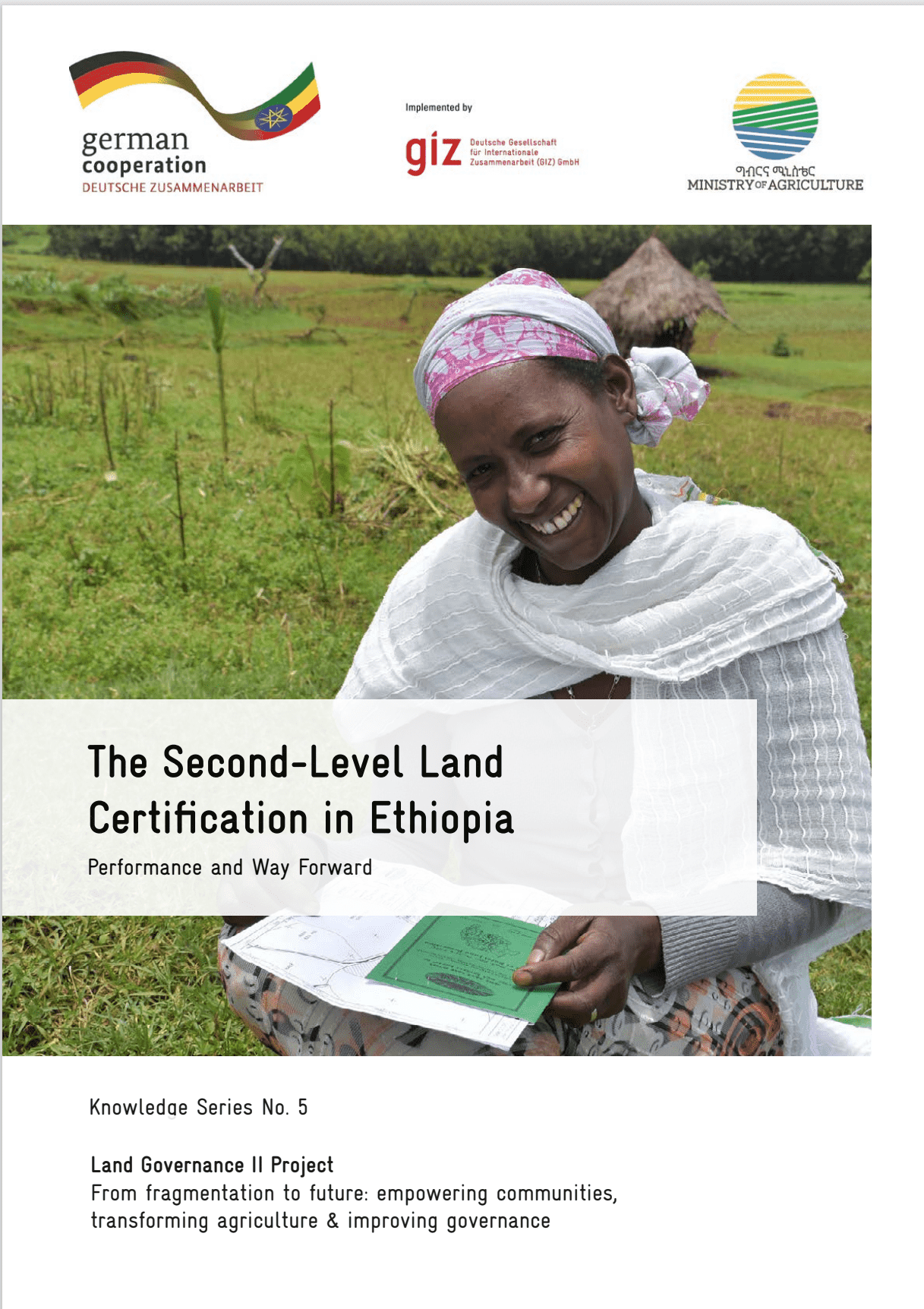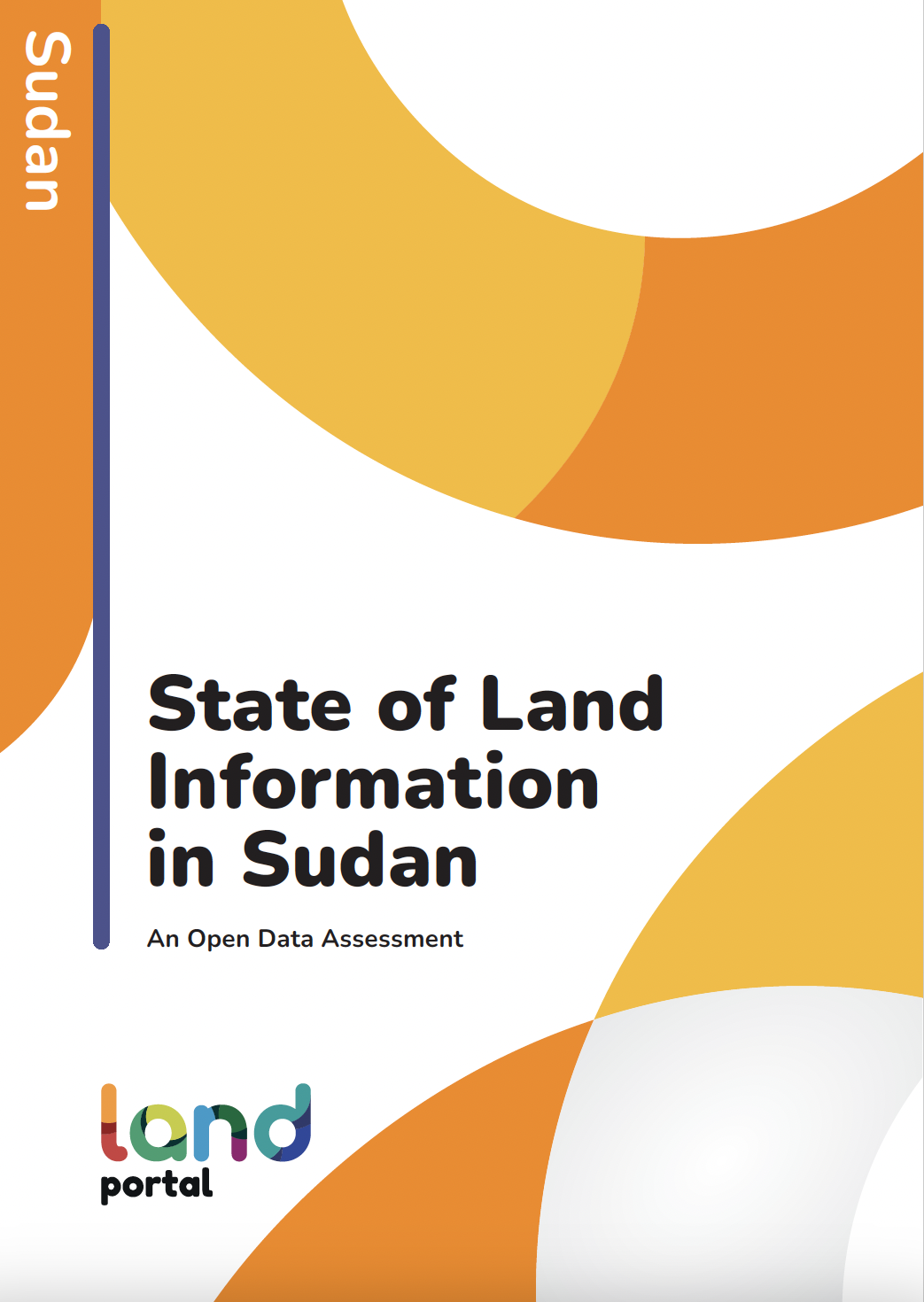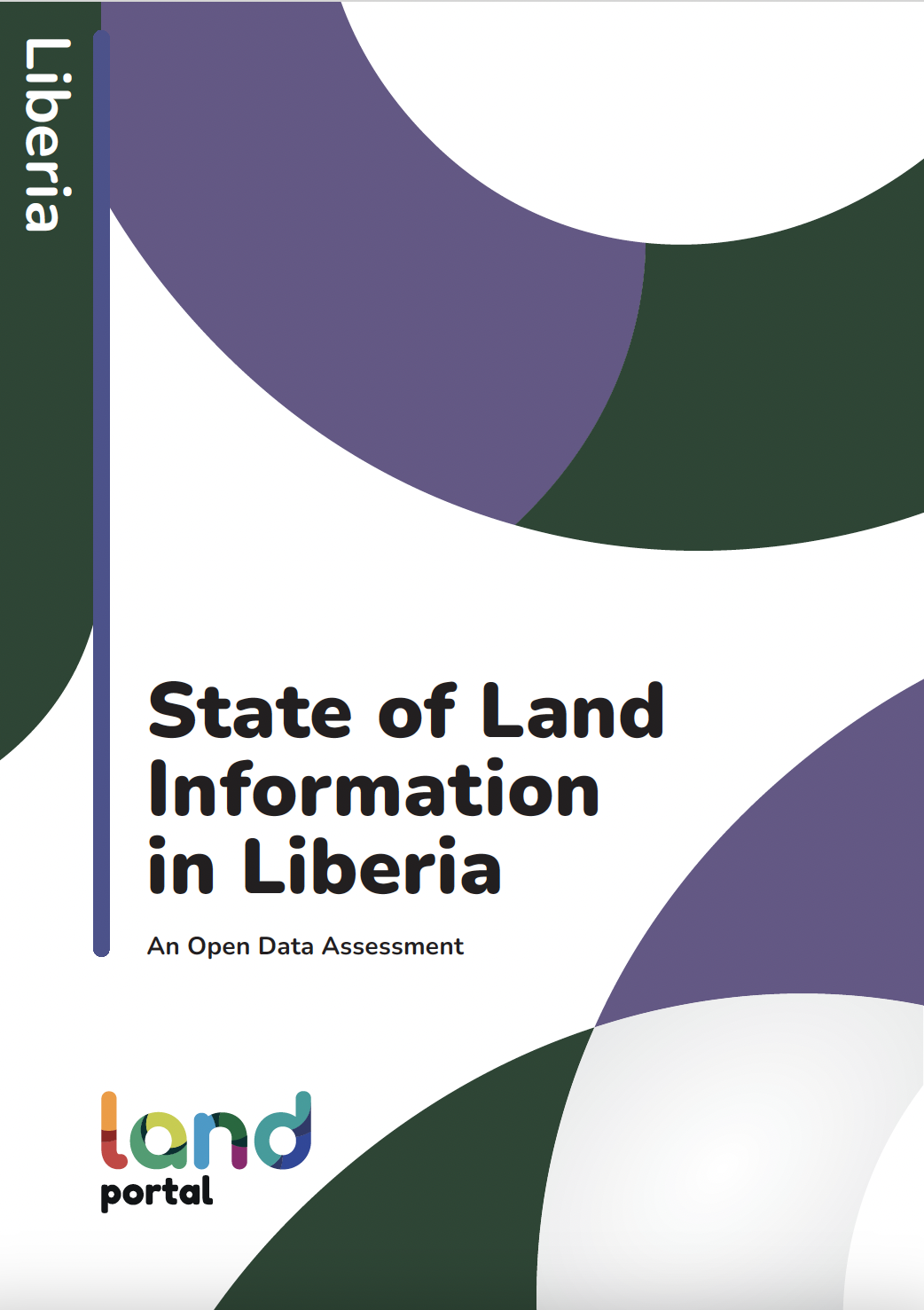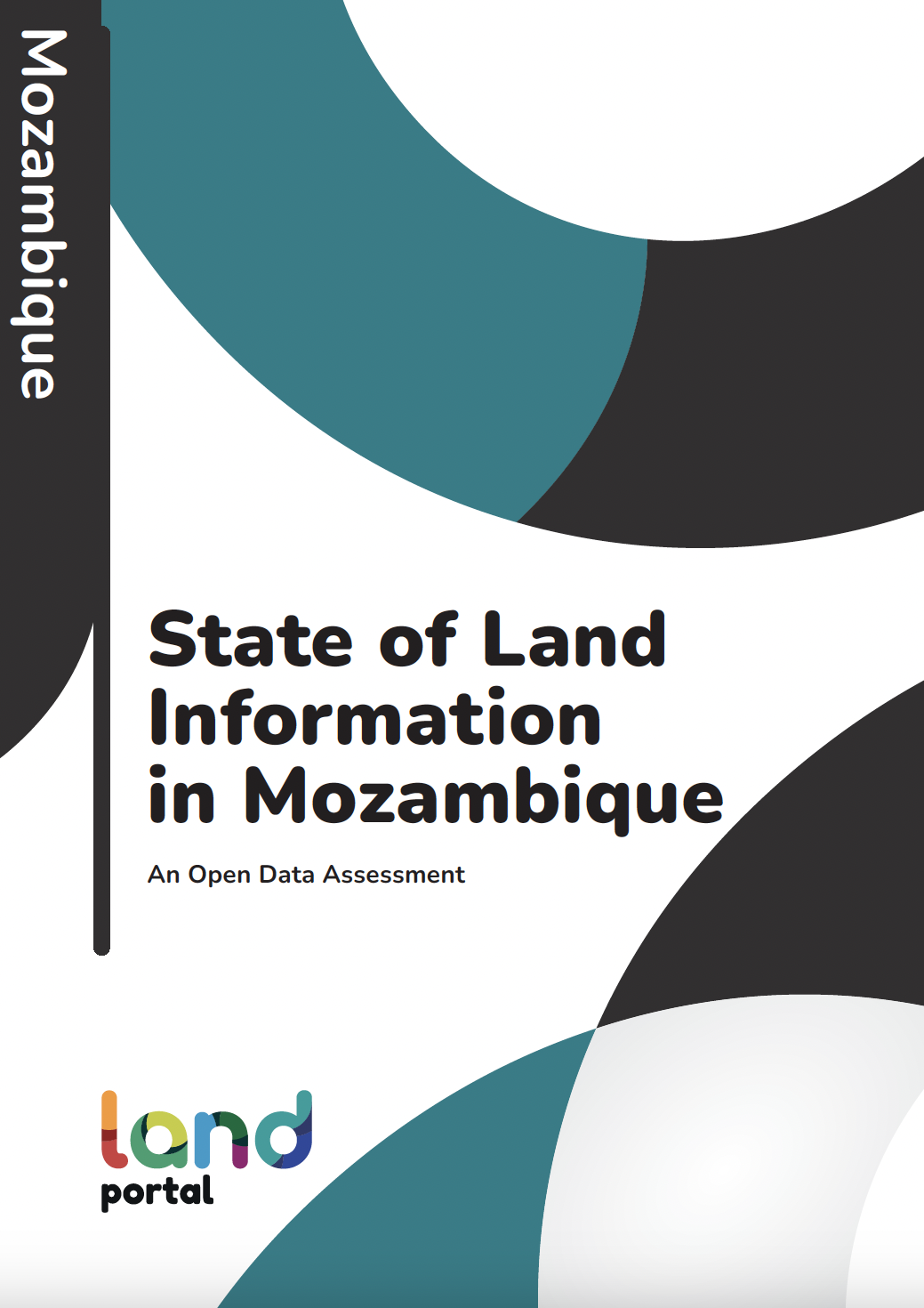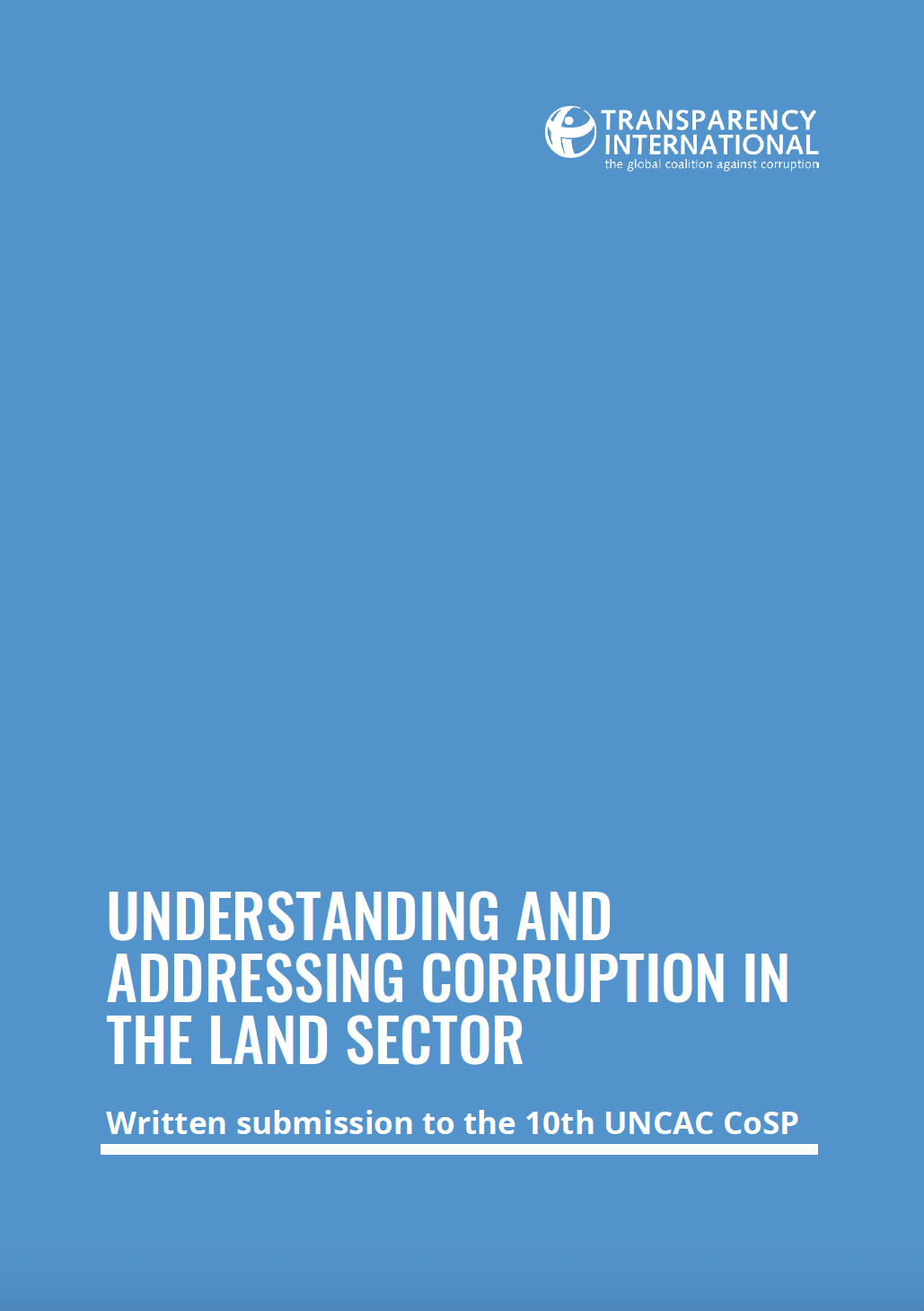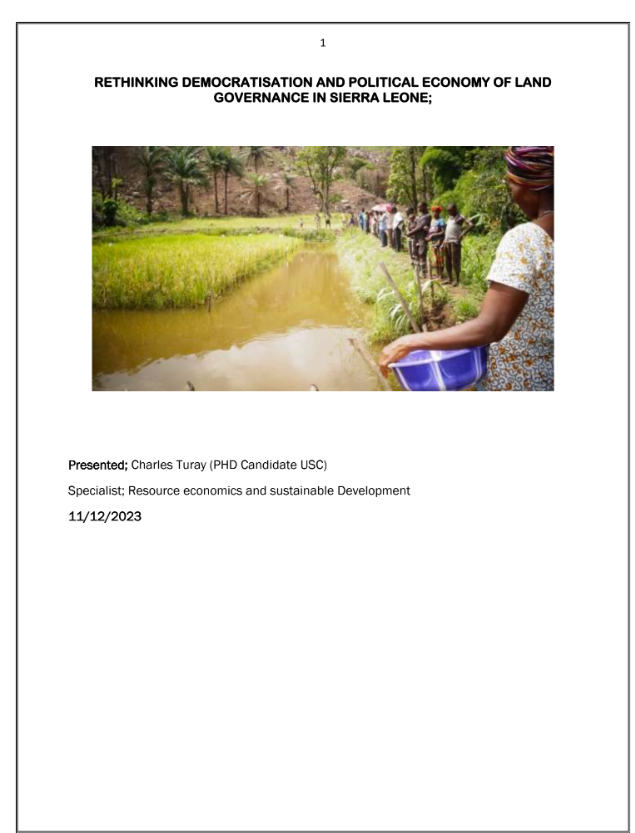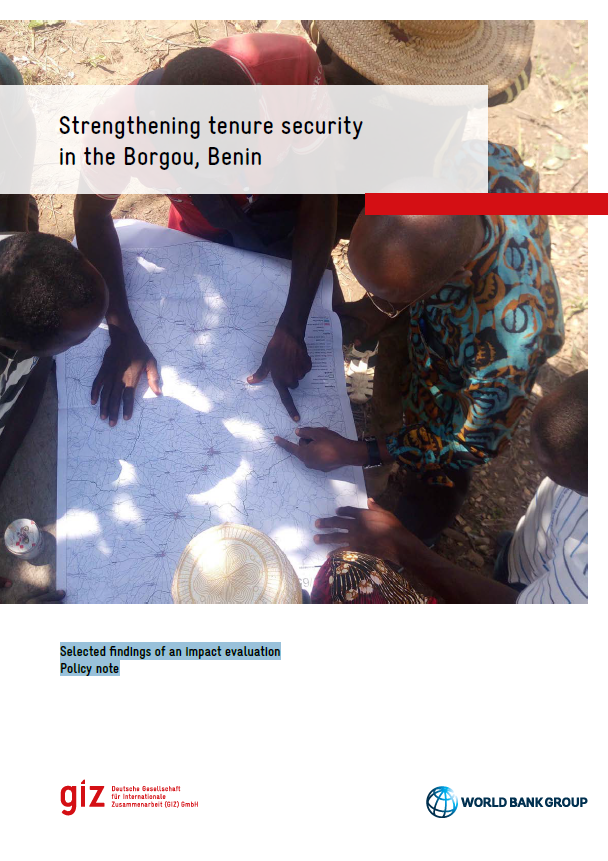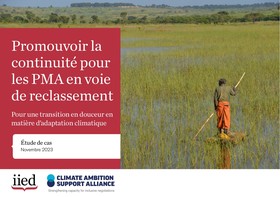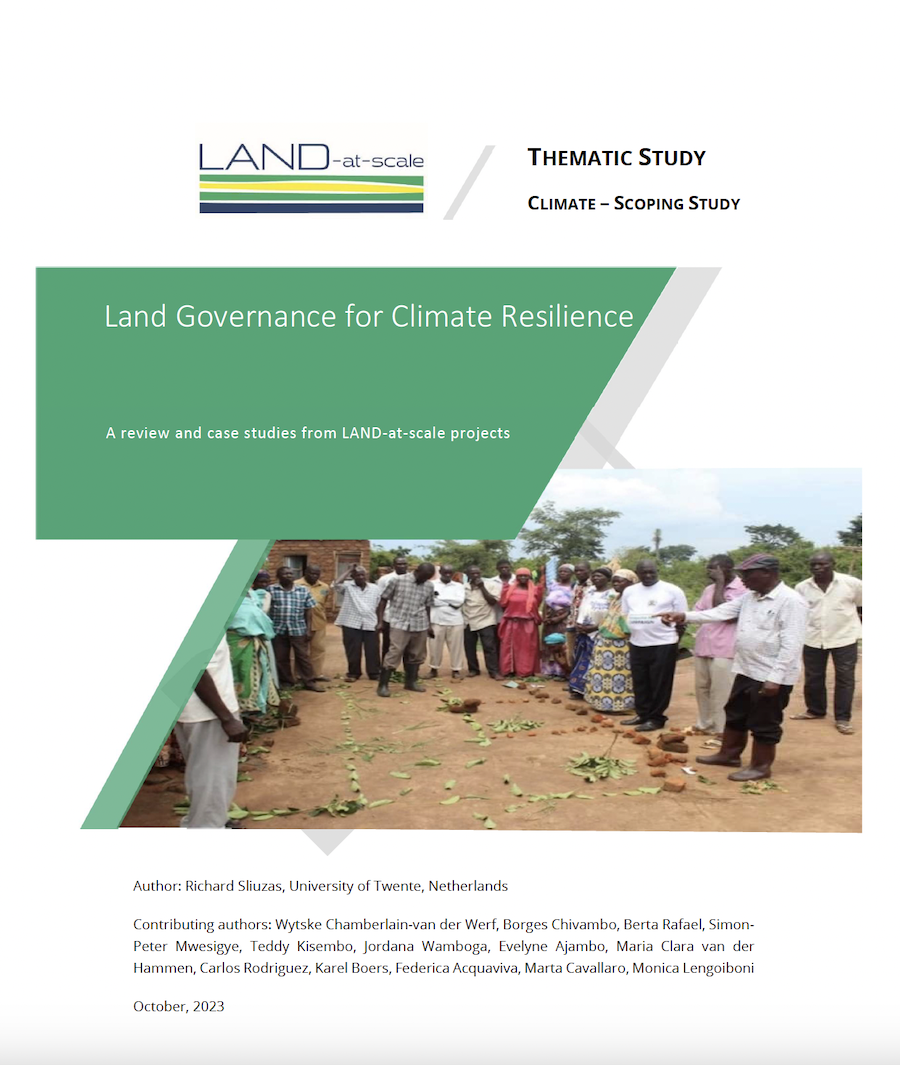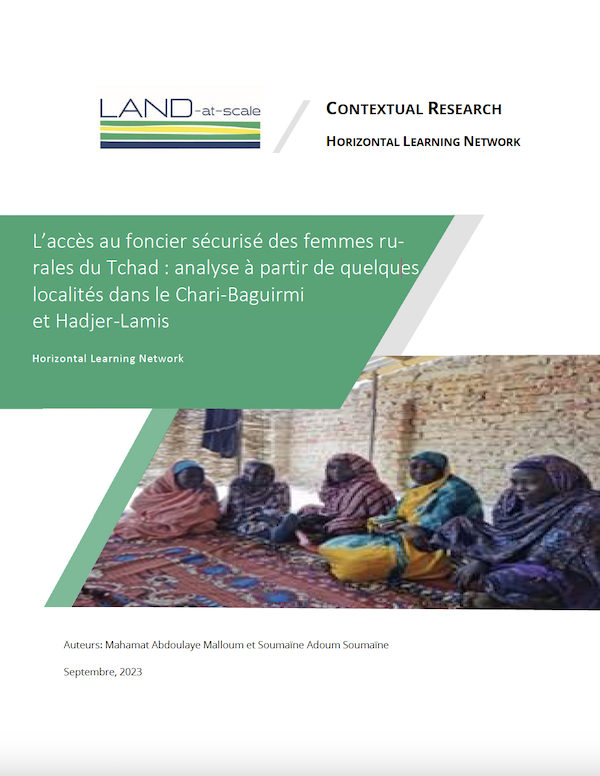The Second-Level Land Certification in Ethiopia
This report provides an overview of land administration and certification efforts in Ethiopia, focusing on the Second-Level Land Certification (SLLC) program. As the most populous landlocked country in the world, Ethiopia's economy heavily relies on agriculture, making land tenure security and sustainable management crucial for livelihoods and food security.

